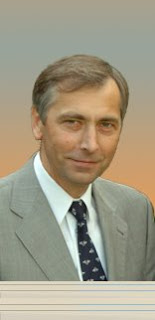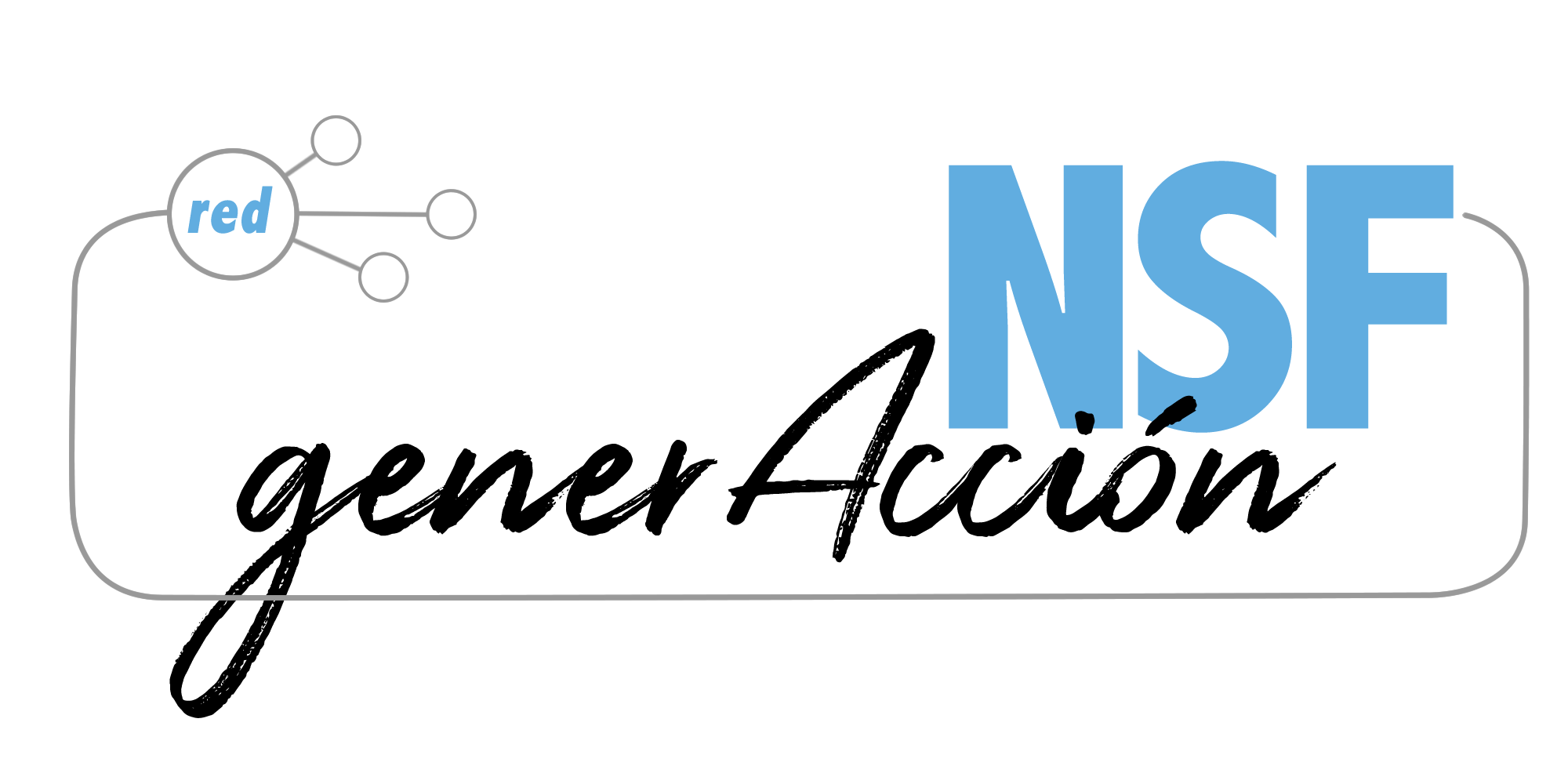 Ján Figel’, Member of the European Commission responsible for Education, Training, Culture and Youth, answers two questions from Paloma Eizaguirre, NoviaSalcedo Foundation’s public relations officer.
Ján Figel’, Member of the European Commission responsible for Education, Training, Culture and Youth, answers two questions from Paloma Eizaguirre, NoviaSalcedo Foundation’s public relations officer.
1. What are the existing problems between the University and the enterprise?
J.F. It is crucial that university graduates secure the necessary skills and competences to compete in the knowledge economy; and that students are able to clearly demonstrate the value of the studies they have followed to potential employers.Evidence from projects such as Tuning Educational Structures has shown that the expectations of employers and universities vary in terms of the key competences required by graduates. Increasingly, in addition to subject-specific competences employers cite transferable and transversal skills (such as problem solving and leadership) as important for students in making a successful transition from education to work. Universities and enterprise should work together and with other stakeholders, to ensure a close fit between educational provision and the needs of the labour market. At its summit in March, the European Council asked the Commission ‘to present a comprehensive assessment of future skills requirements in Europe, taking account of technological change and ageing populations, and to propose steps to anticipate future needs.’In addition, many universities consider that interaction with industry, patenting, licensing, etc. may conflict with their fundamental mission and are concerned about values such as intellectual independence, freedom of research, and of the need to put findings in the public domain for the scrutiny of peers. These worries are understandable and can be overcome. If the relationship between academia and business is carefully planned, both have a great deal to benefit.The Commission has launched several initiatives to help in addressing these challenges:
• Improving transparency of qualifications through the establishment of a European Qualifications Framework, which National Qualifications frameworks; the addition of a diploma supplement for all higher education qualifications – clearly setting out detailed learning outcomes of the programme of study. The Commission also participates in the Bologna process to
• Sharing best practice through a Cluster on the Modernisation of Higher Education, where countries can learn from peer experience in approaches to addressing key themes – including practical issues such as the commercialisation of research and university-enterprise collaboration.
• A planned Communication on New Skills for New Jobs, in response to the Council request for improved skills forecasting of the EU skills and labour market needs up to 2020. This will build upon existing intelligence at national and European level and the Commission calls upon Member States to strengthen skills planning structures, in order to ensure that all education and training stakeholders work together to deliver skills and competences appropriate to the needs of society and the labour market.
• A newly created University-enterprise forum which will strengthen ties through the exchange of best practices, promote a constructive debate, and the elimination of real and perceived barriers. The inaugural meeting of the Forum was held in February and a further two meetings are planned this year on: educational issues; and on research and the transfer of knowledge.
2. In the current European context, what is the role for entities such as NoviaSalcedo Foundation in getting the young generations closer to the working world?
J.F. Youth is more and more confronted to a differently structured and less stable labour market. Companies look more to skills and background of the graduates then to the number and level of their diploma, students and graduates seek a training period and an experience abroad in the view to become more flexible and attractive for the current global market. In this context, the non for profit sector – associations and foundations – play an important role in promoting a new approach in linking studies and jobs and are a strong actor which has the possibility to help and inform via events and studies both the authorities and the young generation. The third sector in the current dynamic of the social system will become even more important for balancing the existing structures and for allowing people to get fresh and objective information and help for their social and economic life.
Look at the interesting website of Ján Figel’ here







